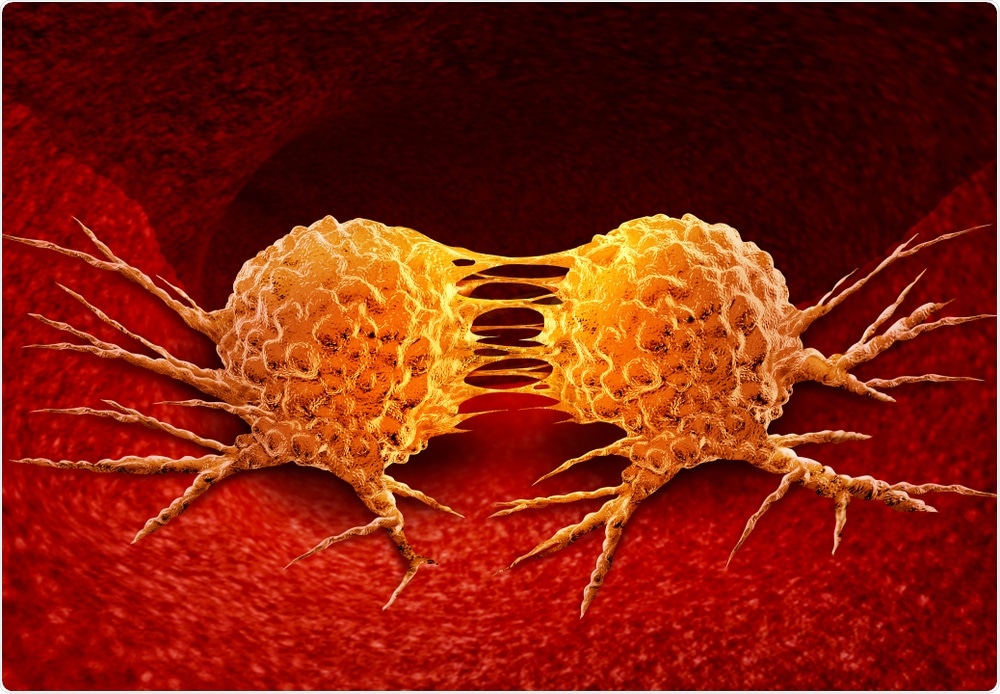
Scientists uncover key regulator of mTORC1 in cancer growth
Researchers at Baylor College of Medicine and Texas Children’s Hospital have made an important discovery about the connection between two proteins that are hyperactivated in cancer.
 Image Credit: By Lightspring / Shutterstock
Image Credit: By Lightspring / ShutterstockThe study, which has recently been published in the journal Nature Communications, could pave the way for new approaches to treating the disease.
It found that the protein Src is needed for activation of mTORC1, a major regulator of cellular metabolism, growth and proliferation that is essential to cell survival.
mTORC1 regulates cellular metabolism by balancing the break down (catabolism) and build up (anabolism) of molecules within cells.
To do this, mTORC1 uses various signals including those related to amino acid availability.
In the current study, Rituraj Pal and colleagues wanted to see whether Src was involved in the mTORC1 regulation that is mediated by amino acids.
The researchers report that amino acids do not exert their effect directly on mTORC1 and that Src is key to the amino acid-mediated regulation of mTORC1 activity.
When Src is “informed” of the presence of amino acids, it passes this information on to the rest of the system and mTORC1 is subsequently activated, explains Pal.
When amino acids are not present, Src mediates mTORC1 inactivation.
The team found that when Src was modified in such a way that it would be constantly active, it over-rode any effect of amino acids on mTORC1 and stayed active even when no amino acids were present. The system also worked the other way.
When Src was made defective, the information needed to activate mTORC1 was not relayed, even though a cell would rely on this to function.
The findings have important implications for cancer research, suggesting that in cancers where Src is hyperactive, mTORC1 is constantly activated and drives cancer growth.
Sardiello says this could be a mechanism that enables cancer growth, irrespective of what the environment tells it: "We are excited that these findings open possible novel approaches to treat cancer.”
Source:
This news story is based on a press release by the Baylor College of Medicine and the research study itself.



































No hay comentarios:
Publicar un comentario